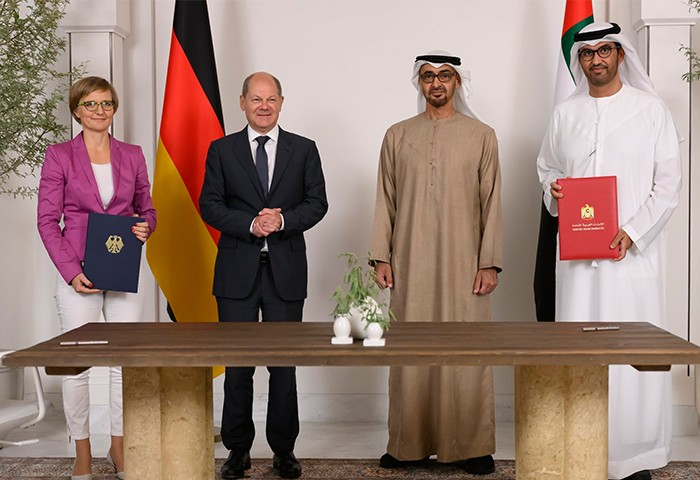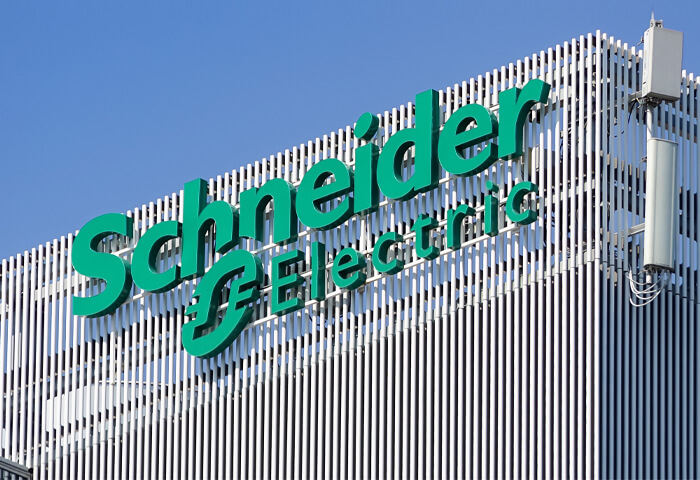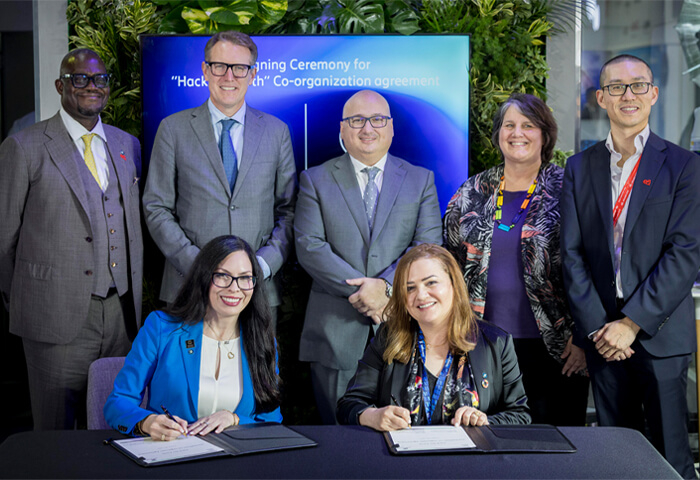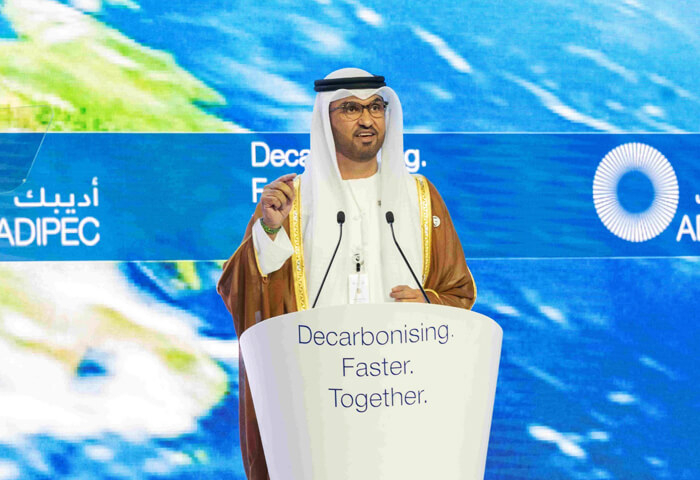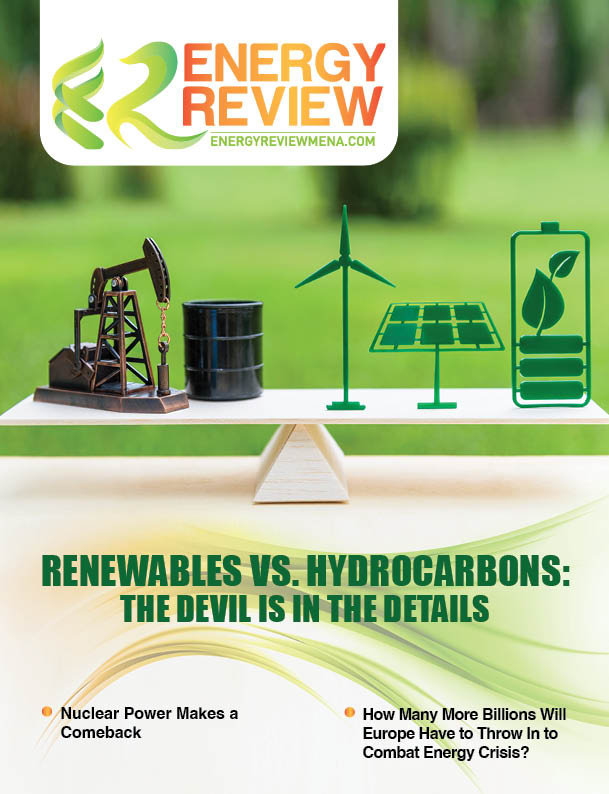In a bid to secure its energy supplies before winter sets in, Germany has struck a deal with the United Arab Emirates for the supply of gas and diesel during the German Chancellor’s visit to the Gulf.
The new Energy Security and Industry Accelerator (ESIA) Agreement was signed by Dr. Sultan Ahmed Al Jaber, UAE minister of industry and advanced technology, UAE climate special envoy, and managing director and group CEO of the Abu Dhabi National Oil Company (ADNOC), and Dr. Franziska Brantner, parliamentary state secretary at the Federal Ministry for Economic Affairs and Climate Action.
The UAE President, His Highness Sheikh Mohamed bin Zayed, and German Chancellor, Olaf Scholz, witnessed the signing of the agreement that aims to accelerate projects of joint interest between the UAE and Germany in energy security, decarbonization and climate action. Both leaders have welcomed the collaboration effort.
ADNOC completed its first direct diesel delivery to Germany this month and will supply up to 250,000 tons of diesel per month in 2023.
The first delivery of 137,000 cubic meters of liquefied natural gas will be made in December at Germany's new floating LNG import terminal at Brunsbuettel, near Hamburg, the RWE energy firm said in a statement. ADNOC will make more LNG deliveries to Germany in 2023.
Scholz is on a Gulf tour and has also visited Saudi Arabia and Qatar to explore new energy sources. No deals were announced in Qatar, however. The two countries (Qatar and Germany) have been trying to finalize the length of contracts for LNG supplies, according to German media and Scholz.
The UAE, Saudi Arabia and Qatar have maintained that unrealistic energy transition models and underinvestment have contributed to shortages that have hit Europe in recent years. Also read: EU Council President Visits Qatar to Discuss Gas Supplies, Economic Cooperation
Scholz told media in Abu Dhabi that Germany has made progress in terms of the production and purchase of diesel and gas and is determined to avoid energy dependence on Russia.
“We will indeed have an infrastructure for gas imports for Germany, such that we are no longer directly dependent on the specific supplier at the other end of the pipeline, as we are with a pipeline connection," Scholz explained. Germany to Pump $8 Billion to Nationalize Uniper
Germany recently commissioned a fifth floating liquified natural gas (LNG) terminal, in addition to existing four, to increase the amount of LNG the country is able to import. Each of the five mobile LNG terminals will be able to provide a minimum of 5 billion cubic meters (bcm) of gas per year, although some may be able to regasify – a process of converting LNG at −162 °C (−260 °F) temperature back to natural gas at atmospheric temperature – around 8 bcm. Imports from Russia were historically around 50 bcm per year.
In the UAE, Scholz also visited an environmental project at a mangrove park with Emirati Climate Change Minister Mariam Almheiri. They also discussed climate action, economic growth and energy supplies.
Furthermore, Masdar, the UAE’s renewable energy champion, will be actively exploring opportunities in the offshore wind markets in the North Sea and Baltic Sea in Germany that could generate up to 10GW of renewable energy production capacity by 2030, subject to the necessary German policy and regulatory requirements being met between the two nations.
Europe and its biggest economy, Germany, have been struggling with high energy prices since Russia cut off major gas supplies to Europe. This was in response to the sanctions implemented against Russia as a result of its invasion of Ukraine more than seven months ago.
Also read: How Many More Billions Will Europe Have to Throw In to Combat Energy Crisis?

